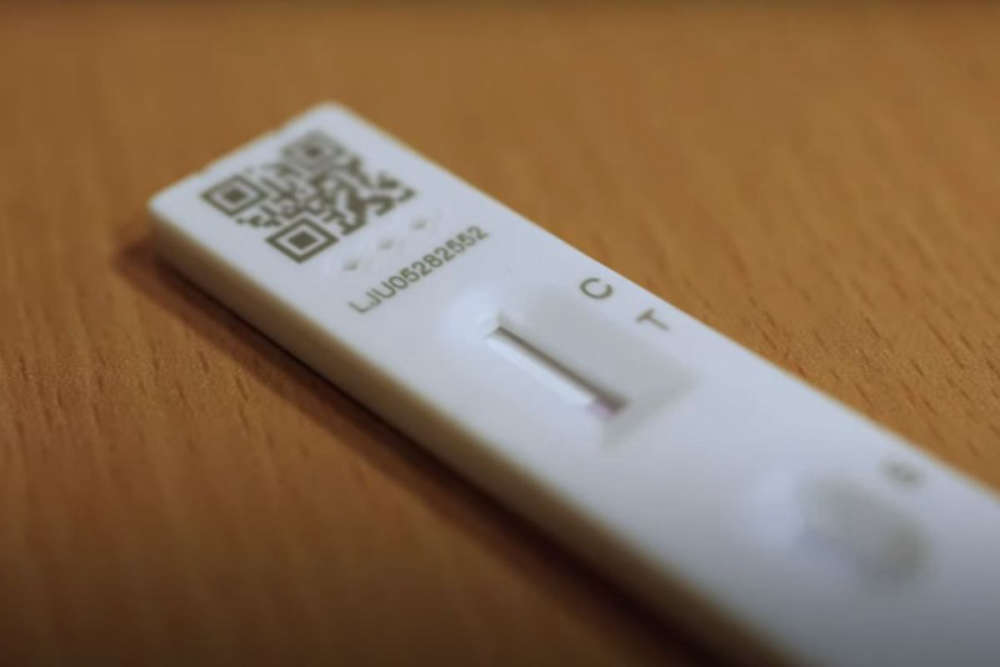
Free Covid testing will continue in Jersey until at least June 2022 and the requirement to self-isolate with the virus will be lifted before the end of March 2022.
The government has unveiled its 'Covid-19 Post-Emergency Strategy'.
It's due to end before then, but a STAC meeting to confirm exactly when is yet to take place.
Until that is confirmed, islanders who get a positive PCR test result must continue to isolate.
It was lifted in Guernsey last week.
PCR tests have been free throughout the pandemic and islanders aged 12 and over can still register for free lateral flow tests to be delivered to their homes.
Symptomatic islanders can still get a free PCR test until at least June.
Free LFTs through the home testing programme will also continue until at least June.
Free testing in England will end on 1 April. Testing is still free in Guernsey, except for when travelling abroad.
Other measures include:
- Offering vulnerable islanders free antiviral treatment options. They will get letters from the Health Department about treatments they'll be eligible for.
- Coronavirus data, including case numbers, will be reported weekly instead of daily.
- Vaccination will continue at Fort Regent 'for the time being'.
Antiviral treatment will be offered to eligible islanders who have:
- Down's Syndrome
- Sickle cell disease
- Certain types of cancer
- HIV or AIDS
- A severe liver condition
- Chronic kidney disease stage 4 or 5
- Had an organ transplant
- Certain autoimmune or inflammatory conditions
- Had certain types of chemotherapy in the last 12 months
- Had radiotherapy in the last six months
- A rare condition affecting the brain or nerves
A new clinic has also opened in the hospital to assess Long Covid patients.
The new strategy also includes a range of projects aimed at tackling the harms caused to islanders by the pandemic.
They include:
- More support for 0-5-year-olds whose development has been affected
- Helping children who have been mentally and physically affected and had their learning disrupted
- Providing dental healthcare for primary school-age children who have had care delayed
- Providing targeted support to adults who have been most affected by isolation and other disruption
- Researching how people's wellbeing has been affected by the pandemic 'to inform projects and relevant services.'
- Reaching out to those who have been affected by not having a garden during lockdown and having access to other green space 'and offering voluntary schemes to improve access and infrastructure.'
Health Minister Deputy Richard Renouf says as Jersey moves away from the emergency phase of the pandemic, it's important for islanders to continue following guidance and precautions.
"It has been over two years since Jersey reported its first case of COVID-19. Over the past two years, the Government and Competent Authority Ministers have responded quickly to an unprecedented and continually evolving virus which posed a threat to our way of life, the health of Islanders, and the continuity of businesses and critical services.
The strong position the Island is now in is due to the high uptake of vaccination, and the reduced risk posed by the current dominant variant, Omicron. Therefore, I am pleased to be publishing the COVID-19 Post-Emergency Strategy today as we continue to de-escalate measures in the Island and focus on recovery and future wellbeing.
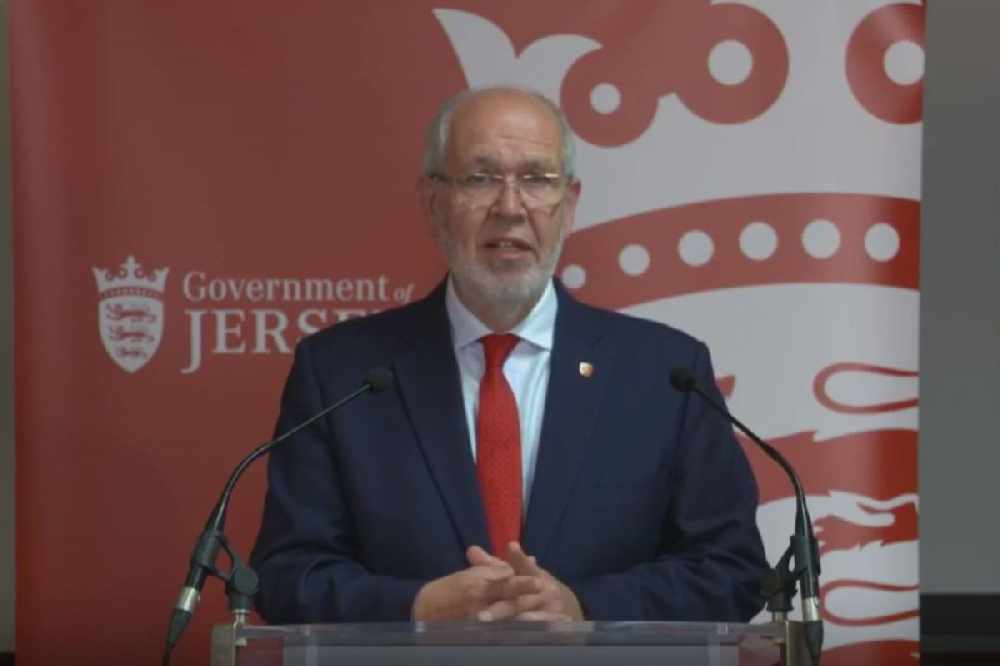
There are a number COVID-19 recovery projects designed to tackle the harms caused by the pandemic. This will be the Government’s focus this year and in future years.
We know from the past that the virus evolves, and the strategy is here to ensure we can quickly and proportionately respond if needed.
Vaccination remains at the heart of our approach in living with COVID-19. By getting vaccinated, we will stand strong against COVID-19 and learn to live with it the best way we can."
77% of people in Jersey have had at least one dose of a coronavirus vaccine, according to the latest government statistics.


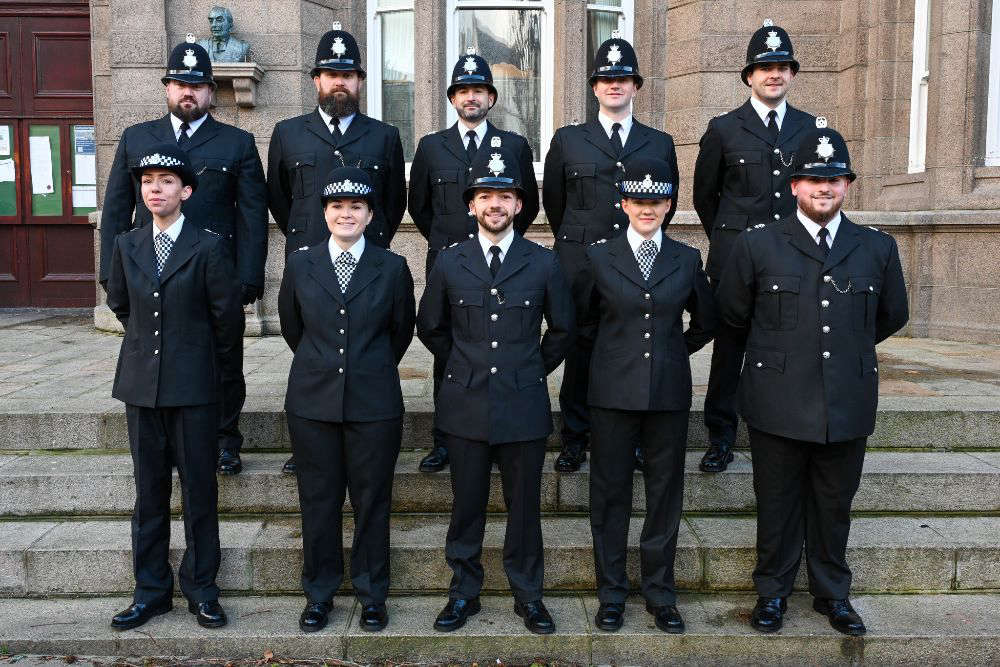 Daughter of L'Ecume II skipper and former Jersey Reds Captain join police force
Daughter of L'Ecume II skipper and former Jersey Reds Captain join police force
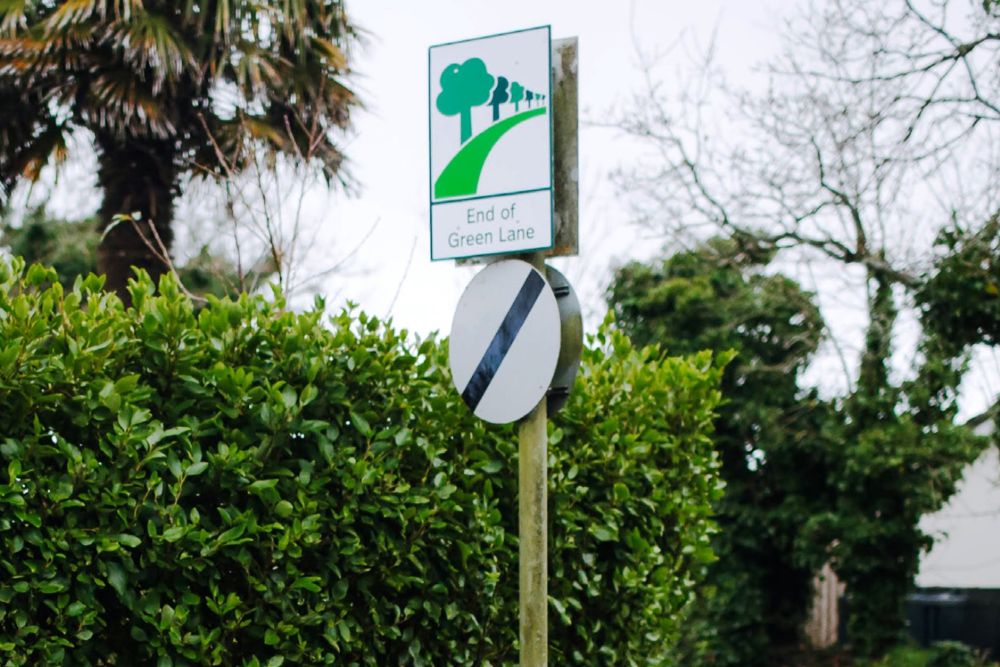 Speed limits to be cut on 52 St Ouen roads
Speed limits to be cut on 52 St Ouen roads
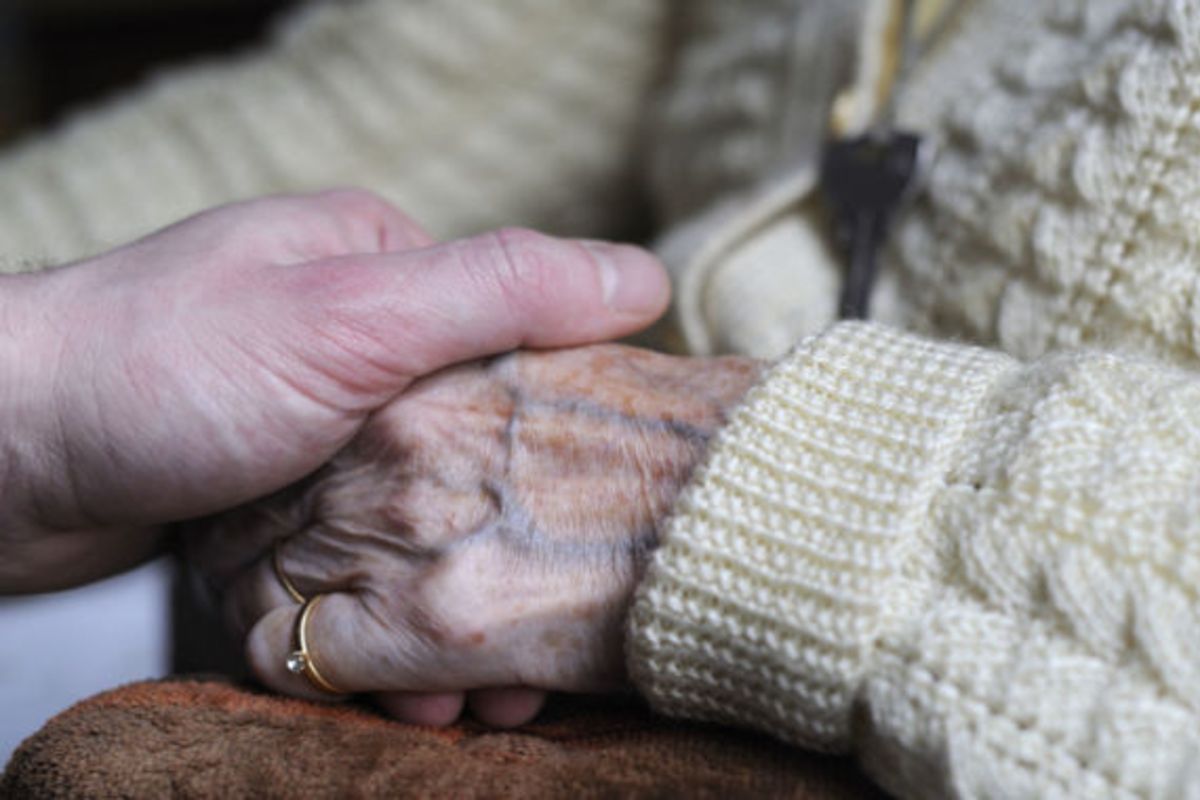 Experts identify aspects of Assisted Dying Law that raise issues
Experts identify aspects of Assisted Dying Law that raise issues
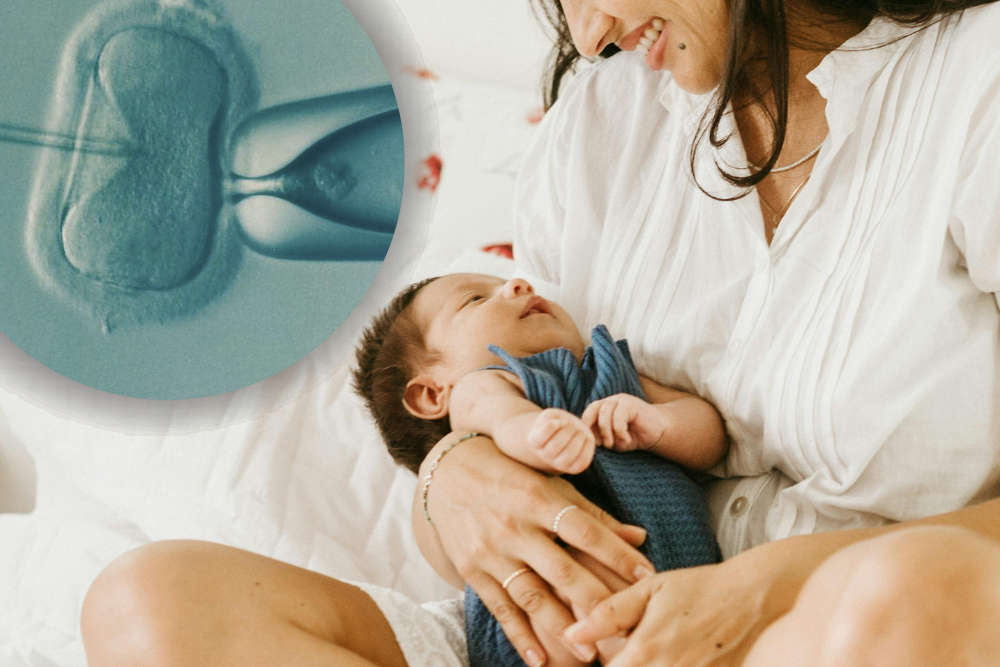 Deputy decries £280k unspent IVF funding despite demand
Deputy decries £280k unspent IVF funding despite demand
 Aurigny promises average Guernsey-Jersey air fare will be £70 one way
Aurigny promises average Guernsey-Jersey air fare will be £70 one way
 Missing moggy survives Storm Goretti and returns home after five weeks
Missing moggy survives Storm Goretti and returns home after five weeks
 A Channel Islands success story to expands to Dubai
A Channel Islands success story to expands to Dubai
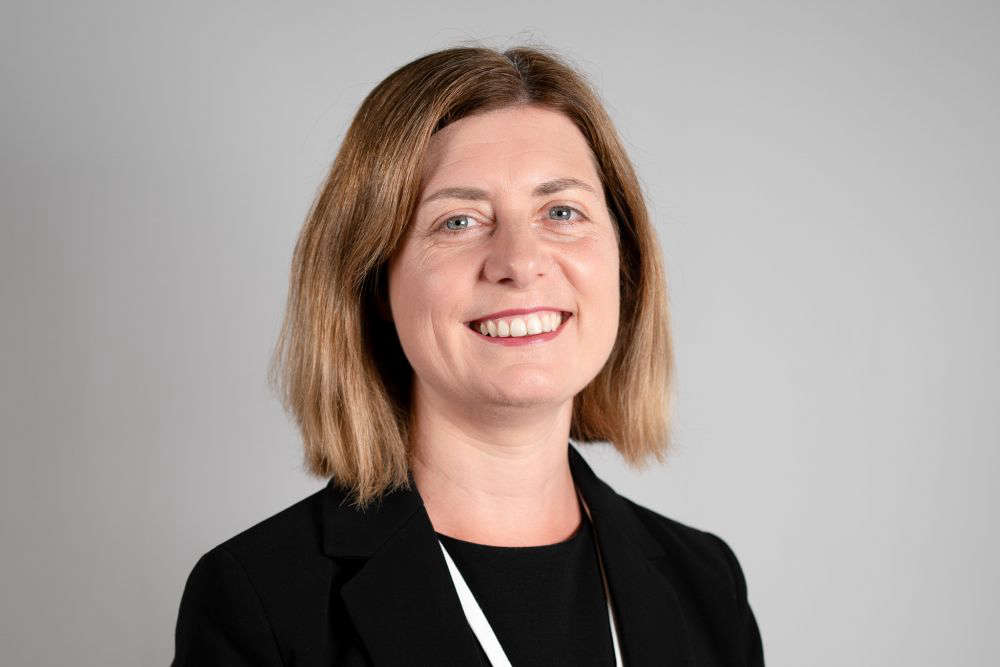 Minister: JET's top-up funding model was 'unsustainable'
Minister: JET's top-up funding model was 'unsustainable'




